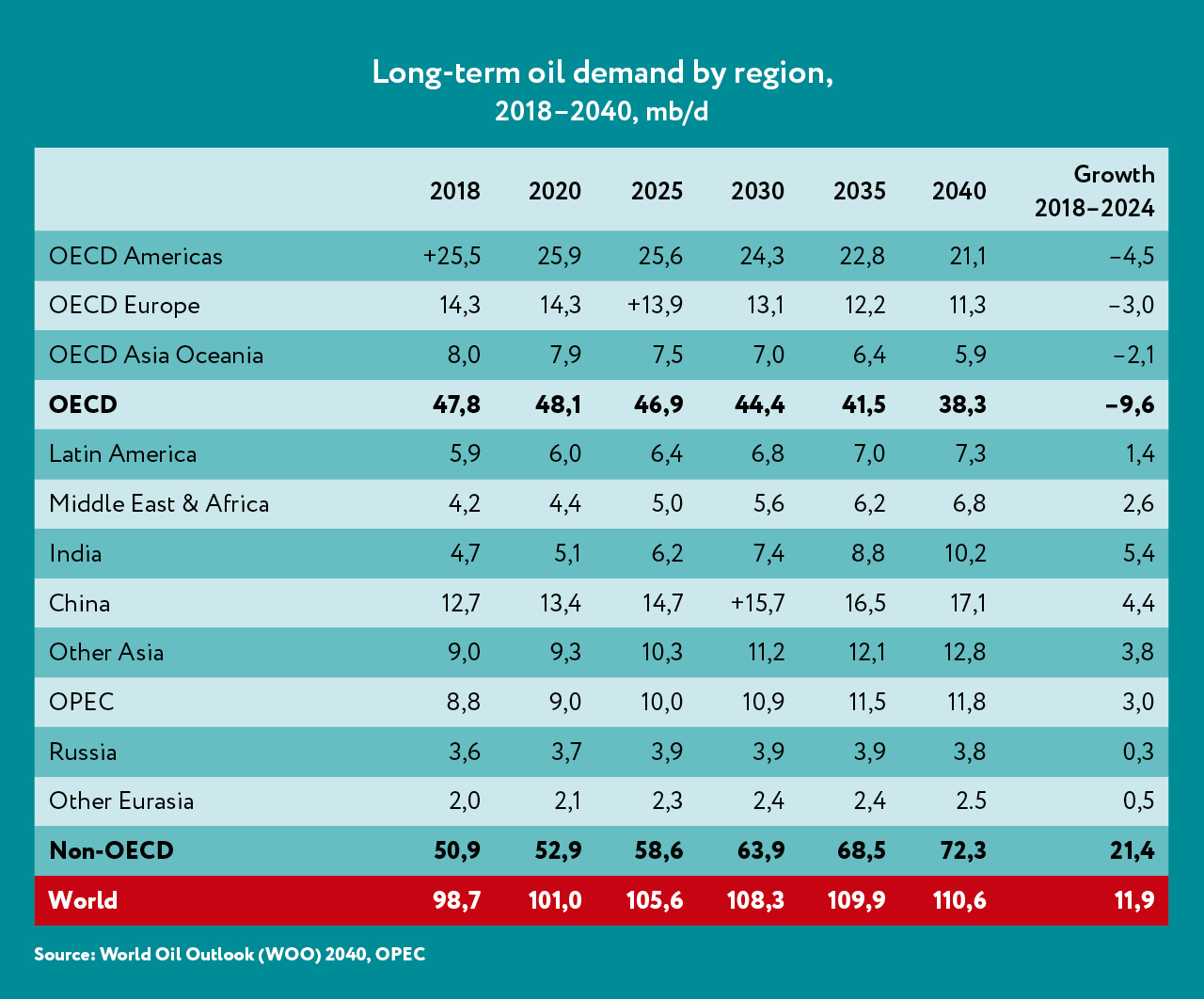Note to readers
Vladimir Razumov, Deputy Chairman of the Management Board, PAO SIBUR Holding, congratulates the readers of SIBUR for Clients on the upcoming New Year and speaks about the key milestones of 2019.
Strategic alliances
SIBUR follows global trends to establish joint ventures.
Dmitry Medvedev visits SIBUR
Dmitry Medvedev held a meeting on digitalisation and industrial safety at SIBUR.
BIAXPLEN and Manucor join forces
The companies set up a joint venture to produce BOPP film.
New logistics hub
SIBUR launched a logistics hub in the Kaluga Region for product storage and transportation.
K 2019
SIBUR presented new products and forged new partnerships at K 2019 Trade Fair.
BIAXPLEN at Labelexpo Europe
Russia’s leading producer of BOPP films attended an international trade show in Belgium.
EPCA 2019
SIBUR International takes part in EPCA annual meeting.
Not a ban but a call for recycling
SIBUR comments on Rospotrebnadzor's proposal to cut plastic bag production.
SIBUR Business Practices
SIBUR Business Practices: a year after launch.
Anti-counterfeit labelling
Pipe makers have embarked on a quest against fakery: POLYPLASTIC’s way to tackle counterfeiting.
The Fixies on plastics
SIBUR helps release a new episode of popular animated series The Fixies.
SIBUR meets its Chinese customers
SIBUR hosted a customer event in Hangzhou (China) to promote Zapsibneftekhim products.
New office in Shanghai
SIBUR has opened a new office – SIBUR International Trading in Shanghai, China.
Overcoming barriers to digital transformation
Dmitry Konov shares his experience in digital projects.
SIBUR develops partnerships
Sergey Komyshan gave commentary to Chemical Week, the world’s leading news source in the industry.
Road to innovation
Sergey Tutov talks to Echo of Moscow radio station to discuss SIBUR PolyLab’s unique projects.
Myths about plastic
Addressing pollution requires greater effort than just abandoning this or that material.
Plastic packaging industry trends
PolyER hosted a round-table discussion on plastic packaging.
Global expertise in polymer foaming
Skolkovo held a lecture on foamed polymers.
Recycling in Russia: what is coming ahead
Recycling in Russia: what is coming ahead.
The EU’s recycling roadmap
The EU has set a goal of recycling 10 mt of plastic per year by 2025.
The future of packaging
Smart bottles and edible boxes: what McKinsey expects packaging to look like.
Oil demand is declining
But according to OPEC, oil will remain the largest energy source until 2040.
Microplastics we cannot see
The WHO reported on the impact of microplastics on human health.
REW 2019: the industry's challenges
SIBUR shares insights into new projects at the Russian Energy Week.
Chemistry of Life
SIBUR’s new educational site for employees, customers and partners.
"We are nurturing ambitious goals"
Mikhail Tovmasyan, CEO of SLT AQUA, shared his experience launching polymeric pipe production startup.
Client focus
Matvey Rammo, Head of Business Development at Attika, shares his insights into the paints and coatings segment of the Russian chemicals market
Follow your dream without forgetting the past
SIBUR-Neftekhim’s CEO Mikhail Kuvshinnikov talks about nostalgia.
Focus on information security
A third of Russian companies suffer from data breaches.
Digital face control
How is facial recognition technology being used in Russia?
Dmitry Konov’s interview to Snob magazine
Dmitry Konov talks about the importance of responsible use of plastic.
TOP MANAGERS TAKING QUESTIONS
In the Q&As section, our top managers answer the most interesting and relevant questions from our clients sent to dearcustomer@sibur.ru.







